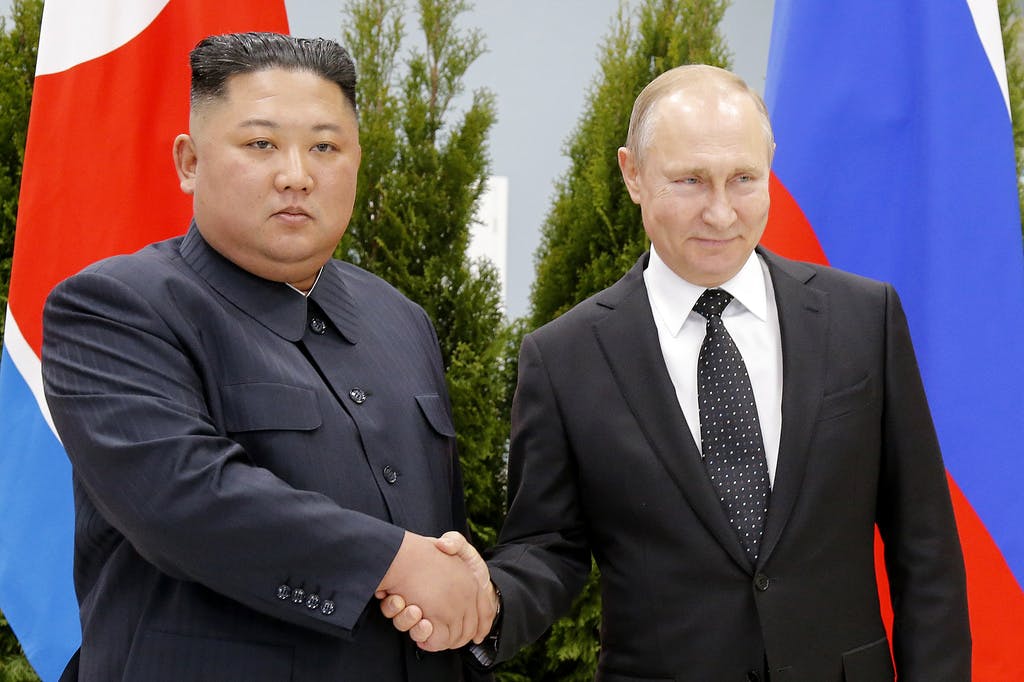
Iran Adds 7 Years to Prison Sentence for Nobel Laureate Narges Mohammadi
By SUN STAFF and ASSOCIATED PRESS
|Free Korea’s defense minister, Shin Won-sik, holds a rare parley with foreign correspondents as North preps five missiles capable of carrying nuclear weapons.


By SUN STAFF and ASSOCIATED PRESS
|
By MATTHEW RICE
|
By DAVID JONES
|
By JOSEPH CURL
|
By ROSS ANDERSON
|
By ROSS ANDERSON
|
By ROSS ANDERSON
|
By ROSS ANDERSON
|Already have a subscription? Sign in to continue reading
$0.01/day for 60 days
Cancel anytime
By continuing you agree to our Privacy Policy and Terms of Service.